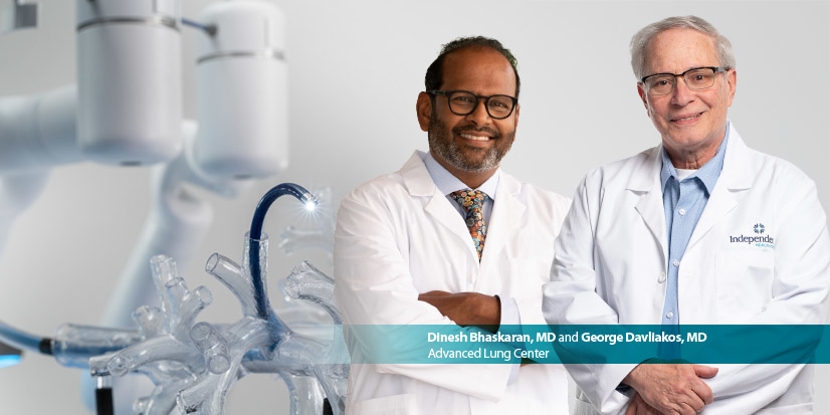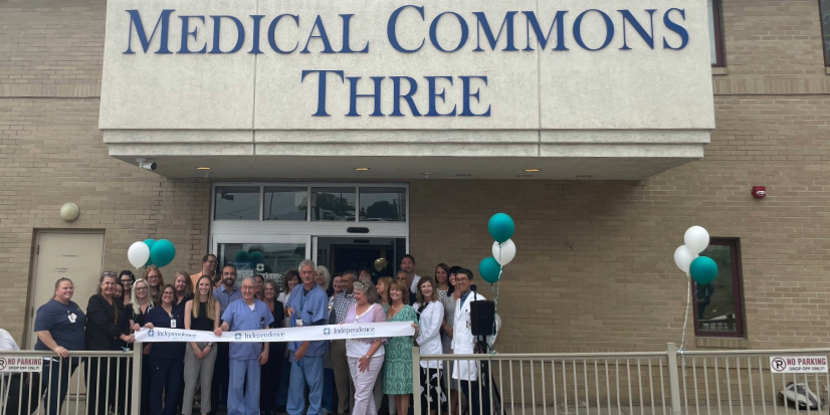Breaking Down Crohn's Disease, Ulcerative Colitis, and IBD
- Category: Blog, Gastroenterology, Primary Care
- Posted On:
- Written By: Rachelle Johns, MD

Eating is a natural function that we all need to do to survive and live a healthy, energized life. For some with excessive stomach or gastrointestinal symptoms, eating can become stressful and challenging. If you're experiencing any of these symptoms during or after eating, it's time to talk to your doctor: nausea and/or vomiting, pain in the abdominal area, diarrhea, constipation, bloating, bleeding, incontinence.
Inflammatory bowel disease (IBD) is a term that describes disorders involving long-standing (chronic) inflammation of tissues in your digestive tract. Crohn's disease and ulcerative colitis are two of the most common types. It's even estimated that some 10 million people worldwide live with IBD. The exact cause of IBD is unknown, but it is known that IBD is the result of a weakened immune system. Possible causes include the immune system responding incorrectly to environmental triggers, like a virus or bacteria, which causes inflammation of the gastrointestinal (GI) tract. It's also possible there is a genetic factor too.
Crohn's disease is a type of IBD that causes swelling or inflammation of the tissues in the digestive tract (commonly in the small intestine), which can lead to abdominal pain, severe diarrhea, fatigue, weight loss and malnutrition. Crohn's disease can be painful and debilitating, and sometimes may lead to life-threatening complications. Some may live fairly symptom free lives, while others may have severe chronic symptoms. Currently there is no cure for Crohn's disease, but there are treatments available that can greatly improve the signs and symptoms, and chances of long-term remission and healing of the inflammation.
Ulcerative colitis or UC is a type of IBD that causes inflammation and ulcers or sores in the digestive tract. It affects the innermost lining of your large intestine, also known as the colon, and rectum. Symptoms usually develop over time and in most people are mild. Currently there is no cure for Ulcerative colitis, but there are treatments available that can greatly improve the signs and symptoms, and chances of long-term remission and healing of the inflammation.
There are many different type of gastrointestinal complications or diseases that can develop. If you are experiencing any of the symptoms listed above or feel like something isn't "normal" with your stomach or bathroom habits, it's important that you talk to your doctor. They can help you understand what's going on with your body and possibly refer you to a specialist for diagnostic testing and treatment planning.
Click here to learn more about Dr. Rachelle Johns.



